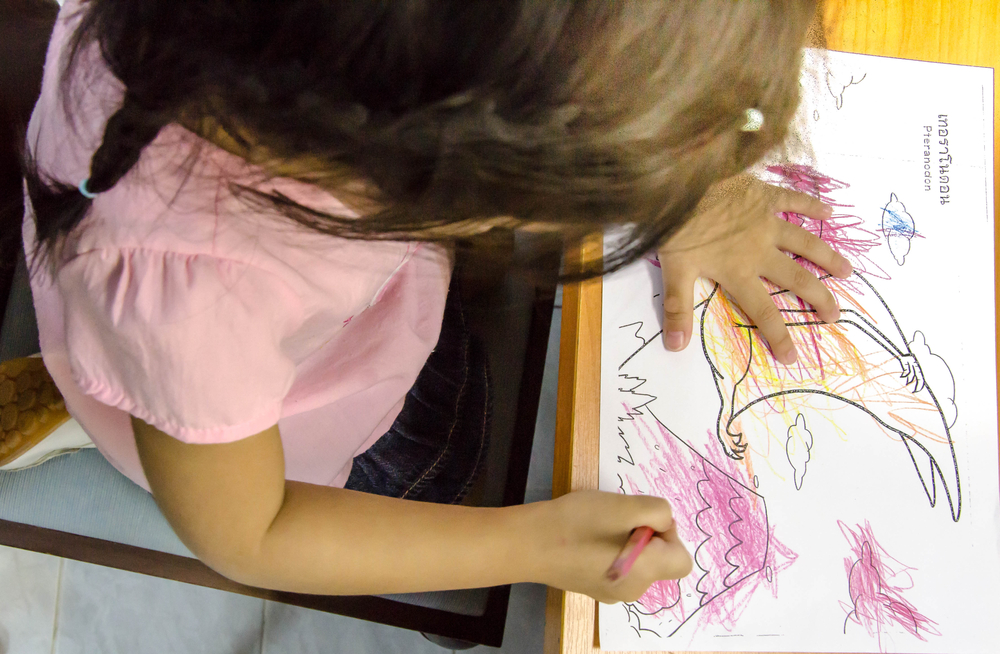Vocabulary Building Science Worksheets for 4-Year-Olds
5 filtered results
-
From - To
Enhance your 4-year-old's vocabulary with our engaging Vocabulary Building Science Worksheets! Designed to spark curiosity and foster a love for learning, these worksheets integrate fun scientific themes and vocabulary development. Children will explore exciting topics, from animals to plants, through interactive activities that promote language skills. Each worksheet encourages critical thinking, creativity, and comprehension, making learning an enjoyable adventure. Perfect for at-home practice or classroom use, our resources support early childhood education standards and ensure your little ones develop essential language skills as they discover the wonders of science. Start building your child’s vocabulary today with our delightful science worksheets!
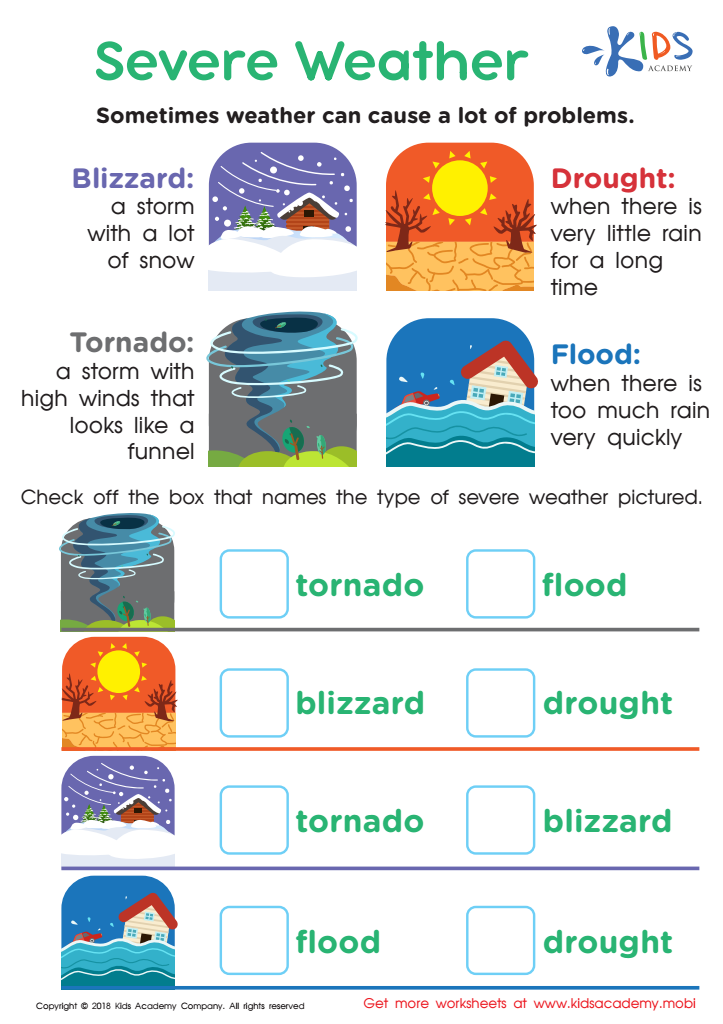

Severe Weather Worksheet
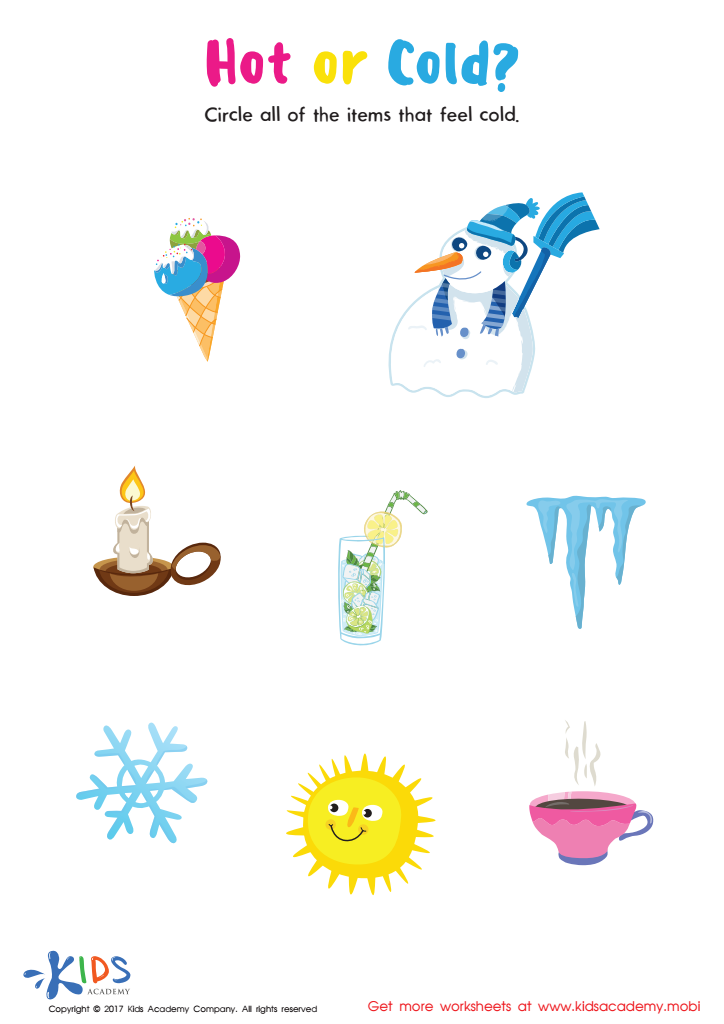

Hot or Cold Printable
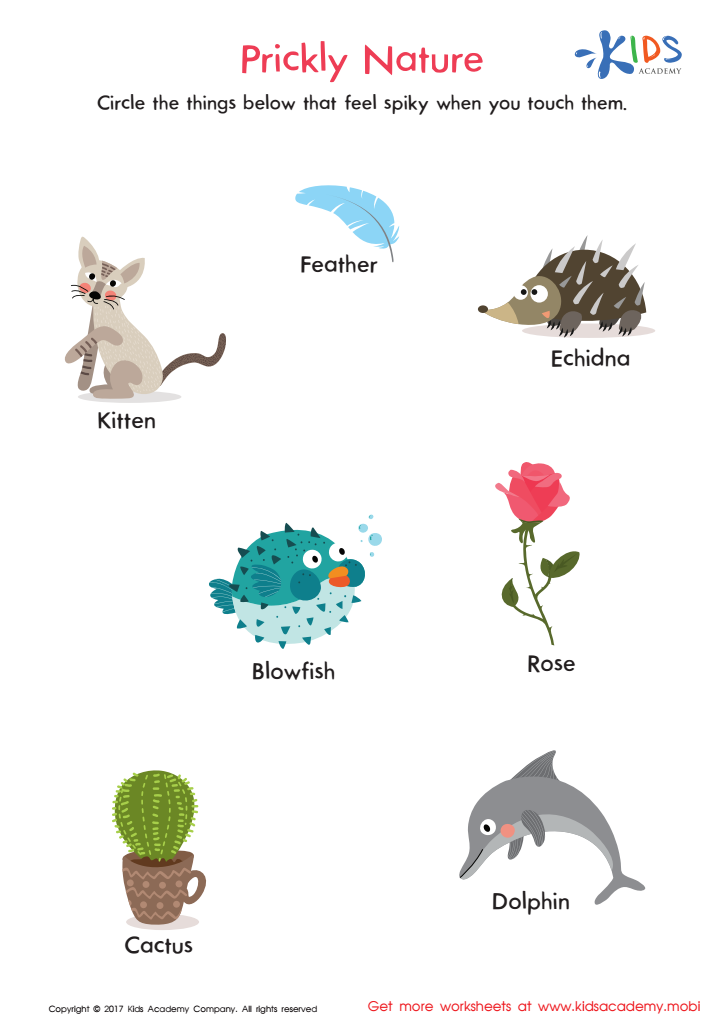

Prickly Nature Worksheet
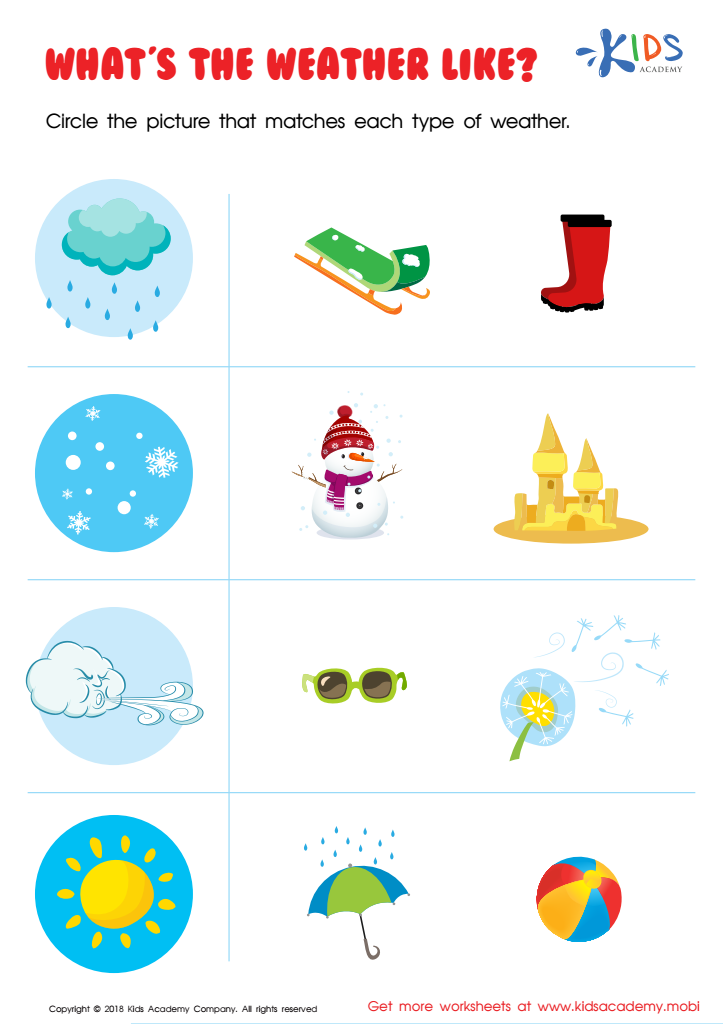

What's the Weather Like? Worksheet
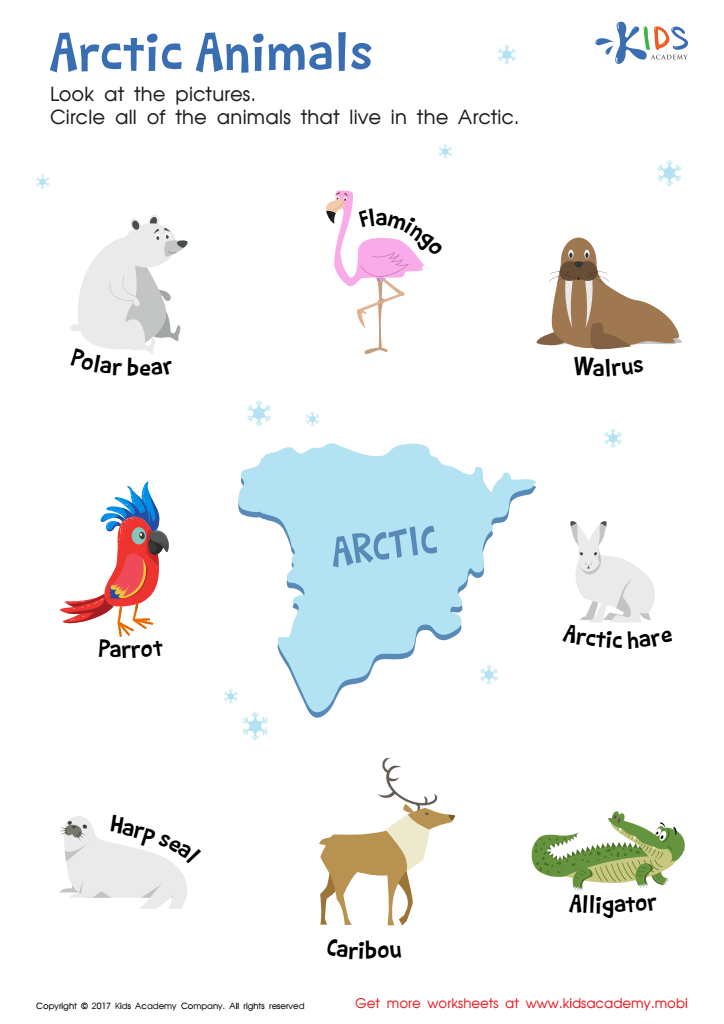

Arctic Animals Worksheet
Vocabulary building in early childhood is crucial for cognitive and language development, especially for 4-year-olds. At this age, children are highly receptive to learning and exploring new words, which lays the foundation for their reading and communication skills. Understanding and using a rich vocabulary not only enhances their ability to express thoughts and feelings, but also aids in comprehension and critical thinking.
Parents and teachers should care about vocabulary building because it is intertwined with a child’s overall academic success. Vocabulary skills are closely linked to later literacy achievement; children with a strong vocabulary perform better in school and have more confidence in their abilities. Furthermore, engaging children in vocabulary-rich activities, such as storytelling, asking open-ended questions, and interactive play, nurtures curiosity and encourages a love for learning.
Moreover, vocabulary development supports social skills, as it allows children to engage in conversations, negotiate, and share experiences with their peers. By actively fostering vocabulary growth, parents and teachers empower children to become effective communicators and critical thinkers, setting them up for lifelong success. Investing time and effort into vocabulary building at this early stage can yield significant benefits in a child’s future educational journey.

 Assign to My Students
Assign to My Students






